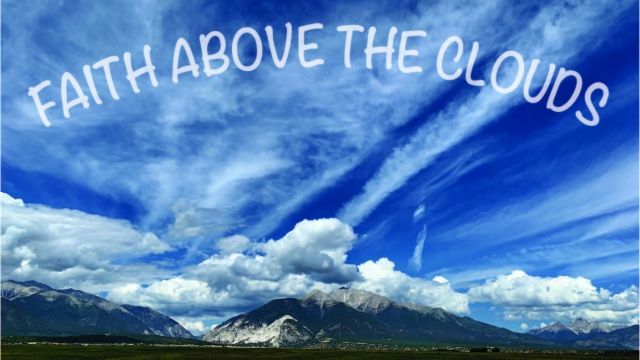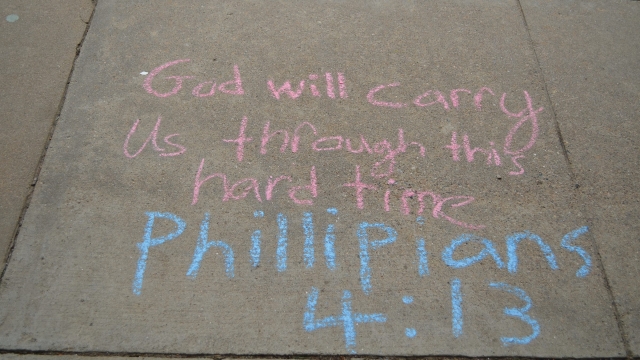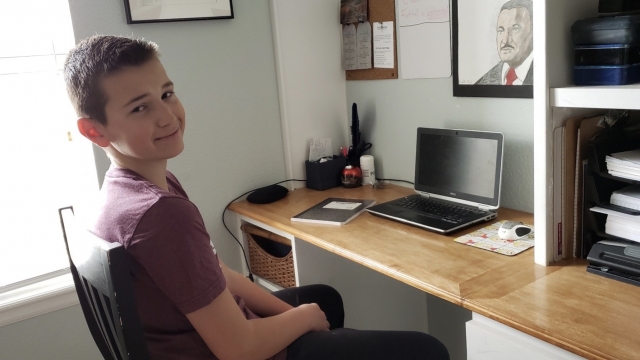By Doug Inglish — Denver, Colorado … In the early days of the current restrictions on public activities, we were all facing a lot of questions that seemed to demand immediate answers. Several times a day a new consideration would thrust itself upon us, and while still pondering that, another problem would surface. As time passed and strategies were developed and refined, we have all more or less settled into routines, and our focus has mostly shifted from how to deal with things as they are to how we manage shifting back to regular social interaction.
Moving out of relative seclusion may require just as much cautious strategic thinking as moving into it did. We have to sift through the pronouncements of elected leaders, scientists, and media figures, which are often contradictory and confusing, while a restless public simultaneously wants to protect itself and return to normal. When should things reopen? How much social distancing is still required? Will there be a second wave, and when? The only certainty is that whatever we do, someone is going to find fault with it.
As we figure out how to emerge from modified isolation, it seems like it was a long time ago when we were struggling with what modifications were needed. It’s easy to forget the details from those days when urgent and stressful decisions had to be made, but one thing stands out very clearly with me that I want to share with you all because it touched me deeply.
I received an email from a name I recognized. We had worked together previously because I represent the churches on property matters and she does the same for the major corporation that owns a property that a local congregation leases. When I saw it in my inbox my first reaction was that it was either time to renew the lease, or there was an issue between us and them to resolve.
Instead, there was what at first appeared to be boilerplate language about a time of crisis, facing challenges together, and supporting one another. If it was from almost anyone else I would have stopped reading there and deleted it, but she was my contact for an important matter, so I read on.
In the second paragraph, there it was: an act of unexpected generosity. For the next two months the lease payment would be suspended, a gift from them to help a congregation at a time when the offering plate was not being passed down the aisle.
I had to read it again to be sure what I was seeing. This was not a local branch, this was from the corporate office in another state. We were not a major customer, we just rented a small space in a building they owned. But it occurred to them that this was a difficult time for us. Unexpectedly, without being asked, they chose to be generous.
This company does not attempt to project a public image of Christianity, or even spirituality in any guise. They are a business, and while they advertise about responsibility and putting customers first and all the usual things, we all know that they are in business to make money. I don’t mean that in a negative way, as I think we all understand that the alternative is going out of business, which doesn’t do anyone any good. But even though they are big and we are small, they set aside profit in favor of generosity.
How much can we Christians learn from that? During this time when so many are out of work, have those of us deemed ‘essential’ willingly chosen to notice someone who is struggling? Have we thought about how it must be like to face the uncertainty of disrupted income? Have we considered what we could do about it?
Jesus said in Mark 9:41 that Heaven takes notice when even a cup of cold water given to someone in His name. So, it’s not the size of the action that matters so much as the motivation behind it. If we take His name on ourselves, we have a responsibility to be notice suffering, and to address it without waiting to be asked. If we are willing to embrace an attitude of generosity, our eyes will be opened to opportunities, and the Spirit will direct us in acts both great and small.
What multiple blessings I enjoyed that day! The privilege of saying thank you on behalf of the congregation. They joy of passing the news on to the local elder. The satisfaction of imagining him telling it to the congregation. The happy moment in prayer as I thanked our Heavenly Father, who is the author of all generosity. And when next we renew the lease, I will remember, and repeat my thanks.
But maybe the biggest blessing comes when I see a chance to pay the generosity forward. It’s a wonderful thing God grants to us, whenever we have a chance to be generous.
—Doug Inglish is RMC director of planned giving and trust services




